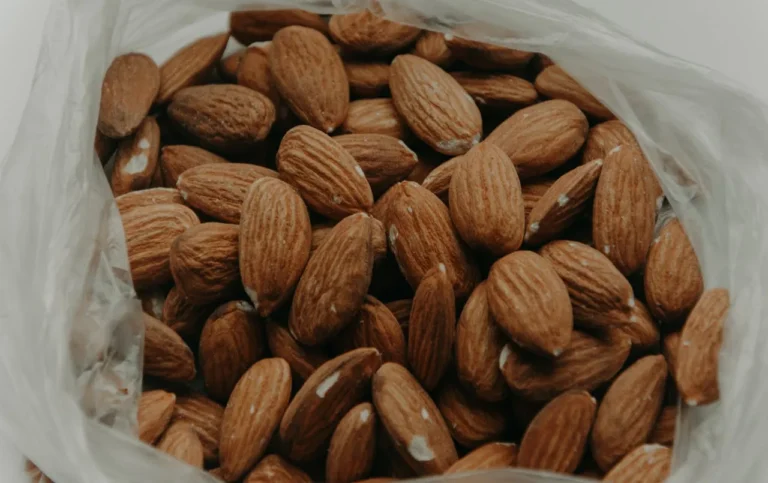
Exploring CO2 as a Sustainable Ingredient for Cleaning Products
We’re diving into new technologies to make our cleaning products both superior and more sustainable. As part of this effort, we’ve extended our partnership with Econic Technologies, a start-up pioneering a process that replaces fossil-based raw materials with renewable carbon. Given that nearly 60% of our greenhouse gas emissions stem from the raw materials and ingredients we purchase, finding alternatives to fossil-fuel-based chemicals is our greatest challenge in achieving net zero by 2039.
However, this challenge also presents a significant opportunity.
Our R&D scientists work at the molecular level, seeking discoveries that enhance product quality and sustainability. Developing entirely new chemistry can sometimes reveal unexpected benefits, as we saw with rhamnolipids—a 100% renewable and biodegradable ingredient that offers superior cleaning performance and exceptional skincare benefits.
We aim for a similar outcome through our partnership with Econic Technologies, a deep-tech start-up leading the way in renewable carbon solutions. Together, we are exploring how to transform CO2 into usable carbon to create fossil-free and palm-free raw materials for our household cleaning and laundry products.
Early trial phases indicate that this method will bring advantages compared to other CO2 utilization methods, significantly lowering the greenhouse gas (GHG) footprint of the materials. We also hope to discover untapped performance benefits by harnessing CO2 in this innovative way.
Martin Crossman, Unilever Science & Technology Platform Leader, emphasizes: “With this program, we’re not trying to force-fit CO2 into an existing petrochemical-based or palm-based process. Instead, we’re developing new-to-the-world chemistry, using CO2 differently to achieve a unique end material with distinct features. That’s how we’ll truly unlock the advantages of CO2 utilization.”
Ian Howell, Home Care Advanced Materials and Surface Science Director, adds: “This is about changing the rules of the game. It has the potential to be truly transformative. For the chemicals industry to move away from fossil-fuel-derived ingredients, we need to explore all carbon sources, and CO2 offers unexplored opportunities.”
A First for Household Cleaning
CO2 is notoriously stable, making it a global problem. The challenge of turning CO2 into useful carbon lies in breaking its strong bonds. Various methods exist, such as fermentation, bioprocesses, or catalysis—the latter being the process used by Econic’s patented technology.
A significant benefit of Econic’s method is that it operates at relatively low pressure and temperature, allowing retrofitting into existing production facilities. Polyurethane products incorporating materials made using this process are expected to be on sale later this year. Econic’s collaboration with Unilever marks its first foray into household cleaning.
Keith Wiggins, CEO of Econic Technologies, states: “This partnership is incredibly important for us, as it’s a big step towards fulfilling Econic’s overall purpose—transforming CO2 into usable carbon that enhances the performance of products we use daily.”
Part of a Bigger Push to Clean Up Cleaning
If the project proves viable at scale, our goal is to bring it to market swiftly. While products won’t hit the shelves immediately, we aim to conduct small-scale consumer testing next year, followed by a full launch.
This initiative complements our work with the Geno and Flue2Chem projects, which also aim to commercialize alternatives to palm oil and fossil fuel-derived cleaning ingredients.
“Our work with Econic exemplifies how we’re investing in and exploring new technologies to shape the future of the cleaning category and achieve net zero by 2039,” says Ian. “Impactful partnerships like this are crucial in finding new solutions and ultimately fulfilling our Clean Future strategy




